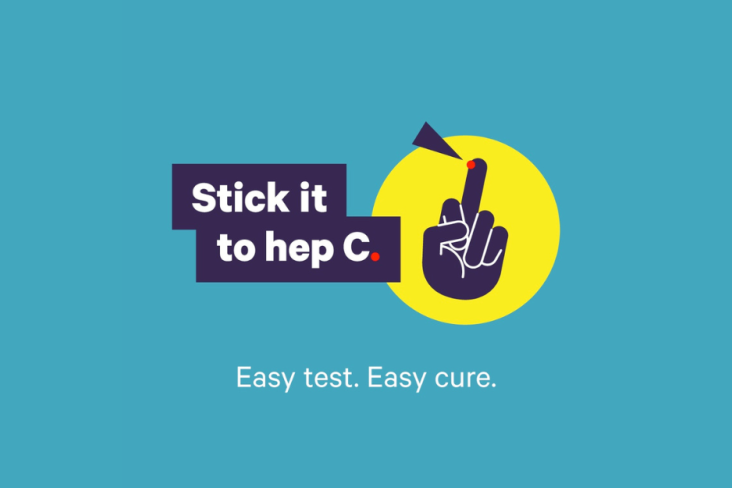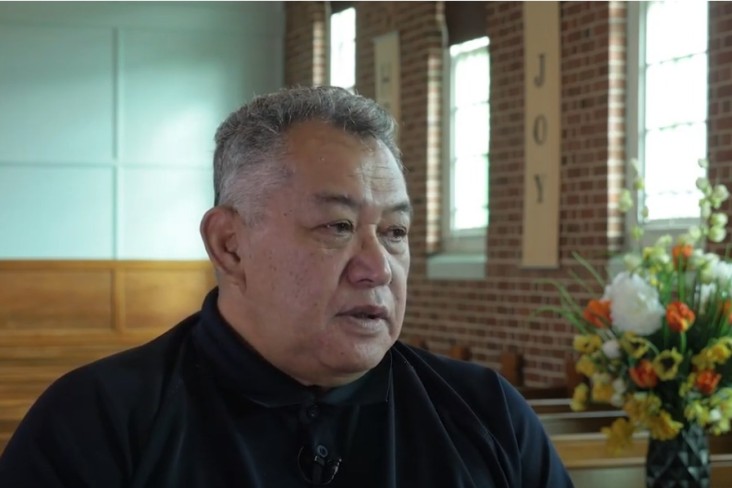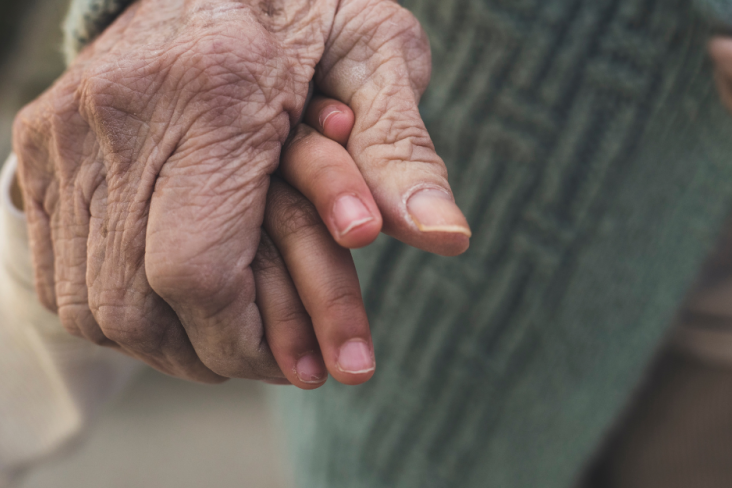If you need help, please reach out. There is support for you. Life has ups and downs and it’s natural and understandable to have a range of emotions which also go up and down. This is normal and you’re not alone.
Mental wellbeing affects our ability to maintain healthy relationships, do our jobs and cope with stress or anger. Sometimes we don’t realise how things are really affecting us so here are some common signs of mental/emotional distress to look out for in yourself and others.
To find out what mental wellbeing support services are available, download our Traffic Light Guide or pick up a copy from locations around the region. Designed to help you look after your mental wellbeing, the guide covers tips for what to do in an immediate mental health crisis (red), where to get extra support (orange), and how to keep yourself and others well (green). There are also links to a number of online self-help tools you can use to support your mental wellbeing, including self-help tools for young people.
Our friends and whānau can often provide support but sometimes it’s helpful to share our worries with a trained professional. Here’s a handy guide to assist you in finding the right help to suit your needs, plus some tips for what you can do to prepare ahead of your appointment. It's totally OK to try different therapies – everyone is different and it might take time to find the right fit or combination for you.
Some helpful advice and resources are listed below.
Mental health emergency pathways
Ring 111 if it is an immediate emergency.
Crisis Mental Health Emergency Services (SDHB) are on call 24/7. Ring 0800 467 846 and press 1 for Southland or 2 for Otago. It’s useful to have a support person/advocate with the person to identify any issues to Health New Zealand - Te Whatu Ora Southern staff.
Helpful websites and apps
There are some COVID-19-specific information and tools to support your own and others’ mental wellbeing and where to get help if you need it and you can also check out QLDC’s community wellbeing webpage or the links below for a range of great information.
- Mental Health Foundation (includes 5 Ways to Wellbeing resources translated into different languages)
- Melon
- Depression and anxiety
- Just a Thought
- The Lowdown
- Skylight Trust
- Healthline
- Books on Prescription
- SPARX
- Beating the Blues
- Gambling Helpline
- Groov by Mentemia
- All Right?
- Sparklers
There are also some great apps which can provide support and help you track your progress. Here's a good overview.
National helplines
- 1737 nationwide 24/7
Free call or text anytime to talk to a qualified counsellor. Visit the website for details. - Youthline
0800 376633, free txt 234 or email talk@youthline.co.nz. Visit the website for details. - Lifeline
0800 543 354 or text “help” to 4357. 24/7 helpline with qualified counsellors and trained volunteers. Visit the website for details. - Suicide Crisis Helpline
0508 828 865 (0508 TAUTOKO)
A free, nationwide service operated by highly trained and experienced phone counsellors who have undergone advanced suicide prevention training. Visit the website for details. - Samaritans
0800 726 666
A free 24/7 helpline operated by volunteers to support those experiencing everything from loneliness to despair. Visit the website for details. - Anxiety Helpline
0800 269 4389 (0800 ANXIETY)
A free 24/7 helpline staffed by trained volunteers. Visit the website for details. - Depression Helpline
0800 111 757 or text 4202
A free 24/7 helpline. Visit the website for details. - Women's Refuge
0800 733 843 (0800 REFUGE)
A 24/7 free crisis line for information and safe housing for women, young people and children experiencing abuse. Visit the website for details. - Sexual harm support
If you’ve experienced sexual assault or abuse, Safe to Talk provides confidential 24/7 support via 0800 044 334, text 4334, or email support@safetotalk.nz. For more info, or to web chat, visit www.safetotalk.nz. Remember, if it's an emergency and you feel that you or someone else is at risk, call 111. - Eating disorder support
Eating Disorders Carer Support NZ offers virtual support and resources for carers and whānau of people with disordered eating and body concerns. Visit their website for more information. - PlunketLine
0800 933 922
A free 24/7 parent helpline and advice service available to all families, whānau and caregivers. Calls are also free from mobile phones. Visit the website for details. - What’s up?
0800 942 8787
A nationwide, confidential counselling helpline for children and young people. Counsellors are available 365 days a year and it's free to call, including from a mobile phone. Visit the website for details. - OutLine Aotearoa
0800 688 5463
Confidential, all ages support line, rainbow specialist counselling and trans peer support. Visit the website for details. - Healthline
0800 611 116
For trusted health advice, treatment and information about what to do next. Nurses, paramedics, advisors, and doctors who can help with prescriptions, are available 24/7. You can choose to speak with a Māori clinician if you’re calling between 8am - 8pm. Interpreter services are available and NZ Relay support. Visit the website for details. - Family Drug Support Aotearoa New Zealand
0800 337877
Phone support service 9am-10pm, 7 days per week staffed by trained volunteers. Visit the website for details. - Gambling Helpline
0800 654 655 or text 8006
Free and confidential support for your gambling. Visit the website for details.
- For more helplines, visit www.mentalhealth.org.nz/helplines .
Other national support - For bereaved by suicide support visit the Aoake te Ra website for more details. This is a free service that provides support and manaaki to individuals and whānau who have lost someone to suicide.
- For male survivors of sexual abuse to access a national network of support services, visit the Male Survivors Aotearoa website.
Agency resources
Agencies are encouraged to use the directories and resources below to help connect people to free support services available across the region:
Traffic Light Guide - looking after your mental wellbeing
Download the copy below or contact WellSouth for the latest version via communications@wellsouth.org.nz.
1737 posters
Services directory
Check out Healthpoint, the national health services online directory that aims to connect people, families, and communities with health and social services.
Fiordland
Fiordland Community Connections Directory: This is now managed by Te Anau Events and is available to download from its website or by emailing Te Anau Events info@teanauevents.co.nz.
Fiordland Support Guide: This is now managed by Fiordland Community House. For a copy, contact Angela Tamati at hello@fch.org.nz.
Fiordland Families booklet: This is now available on the Fiordland Families website, under the resources tab.
Loss and Grief - downloadable resources from the Loss and Grief Centre
Talking about sadness, loss and grief
Grief, anniversaries and significant events
Supporting someone who is grieving
Grieving when your loss is not acknowledged by others
Helping your child cope with the sudden death of a friend
Helping yourself when baby dies
Grieving the loss of a parent:
Losing a parent can be a life-defining moment for many of us.
Dr Lucy Hone’s blog delves into the unique challenges of grieving a parent with some helpful ways to navigate the void.
A Better Way to Grieve:
A Better Way to Grieve is a live, online course working with Dr Lucy Hone and Dr Denise Quinlan. It's 3 x two-hour sessions and participants recommend it as "transformative". You can book a free 1-on-1 call with Dr Lucy Hone to check whether it's a good fit for you. They also run a great Facebook support group called Coping with Loss Community.
Find out more about mental health services in the Southern region:


